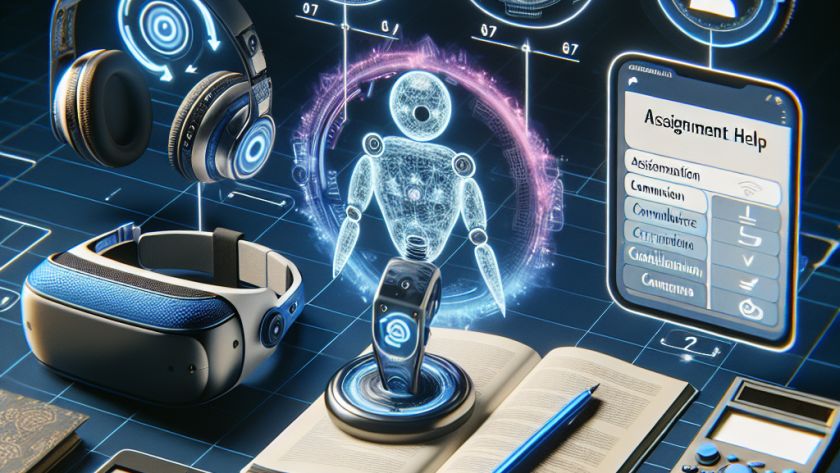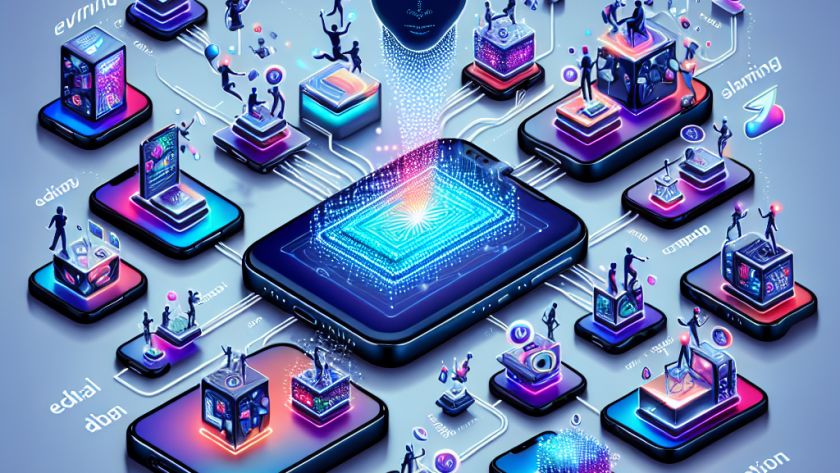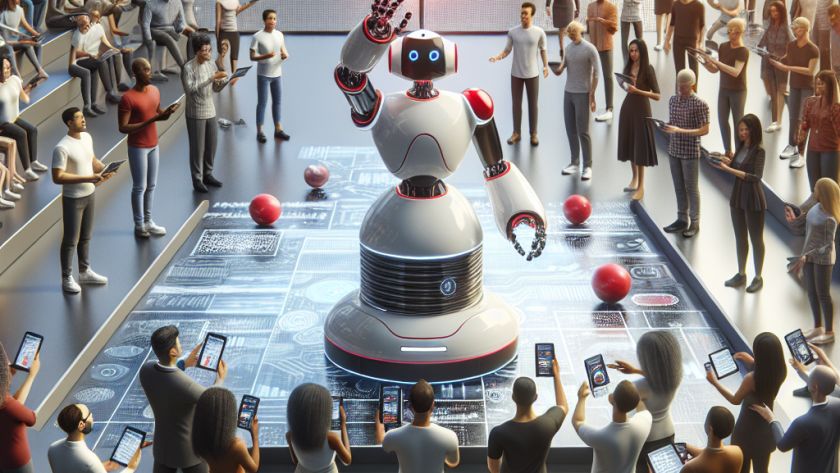Artificial intelligence (AI) is revolutionizing the educational experience and is expected to reach a market valuation of several billion dollars in the coming years. AI applications in education range from interactive virtual classrooms, "smart content" generation, linguistic barrier removal, knowledge gap closing, to individualized lesson plans for students. Numerous businesses are developing AI technologies to…












